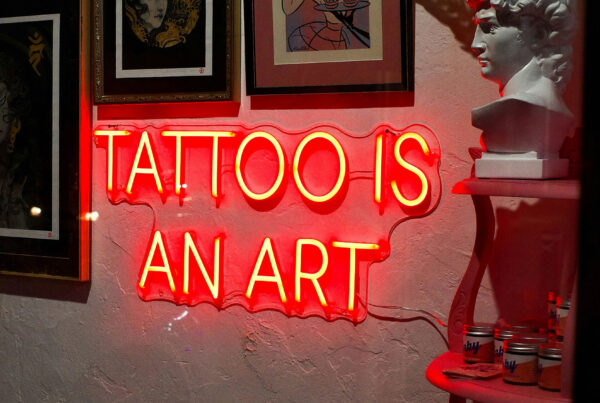George Carlin’s Estate Brings Suit Against Creators of (Allegedly) AI-Generated Comedy Special
The estate of George Carlin recently brought a lawsuit against the creators of the podcast Dudesy (“Dudesy”), Will Sasso and Chad Kultgen, over a comedy special they released and marketed as an AI-generated resurrection of the late comedian. Though it is disputed whether AI was actually used to create the special, the case presents interesting considerations for AI and the creation of online content.
Dudesy released “George Carlin: I’m Glad I’m Dead” on their YouTube channel on January 9, 2024. In promoting the video, Dudesy purported to have used generative AI to imitate Carlin’s voice and style. Since the lawsuit was filed, the video has been made private.
Carlin’s estate claims that Dudesy infringed on the estate’s copyrights by using 50 years of Carlin’s works to train an AI algorithm. The lawsuit also alleges that Dudesy used Carlin’s name and likeness without permission.
Since the lawsuit was filed, Dudesy has publicly stated that the special was written by a human and not generated via AI. The Carlin estate disputes this claim and has stated its intent to uncover the truth in discovery.
Given the ongoing ambiguities in the law surrounding AI and copyright, the court’s determination about whether Dudesy using Carlin’s copyrighted works to train a generative AI is permissible could be significant. The use of copyrighted material to train AI is a highly watched and debated question in contemporary copyright cases. Other copyright holders, including Sarah Silverman, John Grisham, and the New York Times, have also filed high-profile lawsuits against the creators of generative AI programs, alleging infringement where copyright protected works were used to train such programs. A finding in favor of Carlin’s estate would embolden creators to seek damages for the unauthorized use of their copyrighted works. Conversely, a finding for Dudesy that the use was permissible would provide direction on how creators of AI-training models can legally operate.
Even if the special were fully written by a human and not generated via AI, there are still claims for the unauthorized use of Carlin’s name and likeness in promoting the special. Though Dudesy did not actually use images or video of Carlin, the thumbnail for the video on YouTube featured an AI-generated image of a comedian in a gray ponytail, evoking Carlin. Other social media posts created by Dudesy and used for promotional purposes featured Carlin’s name and image. There are certain narrow situations where the use of a celebrity’s name or likeness without their consent may be permissible; however, the court here may determine that Dudesy’s use is not subject to any of those exceptions. As a general rule of thumb, if possible, consent should be procured from any third parties whether famous or not if included in content posted online.
If you have any questions about how these developments might impact your content, please contact our firm.





